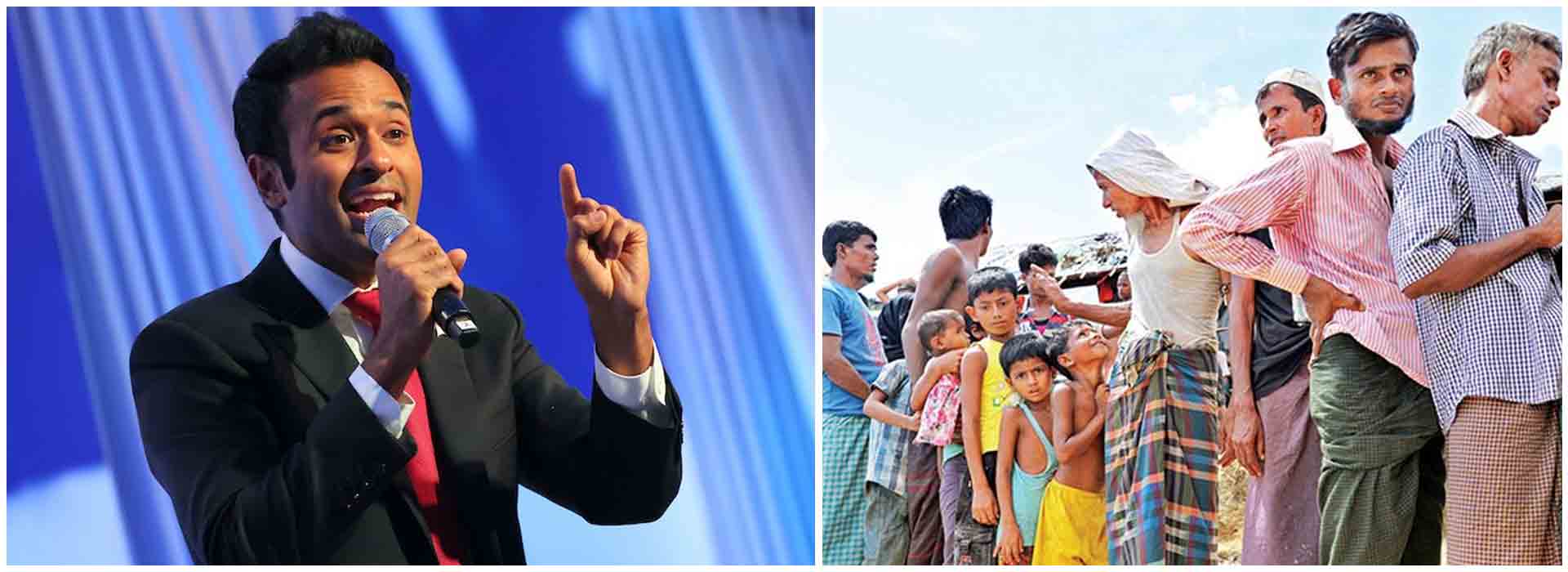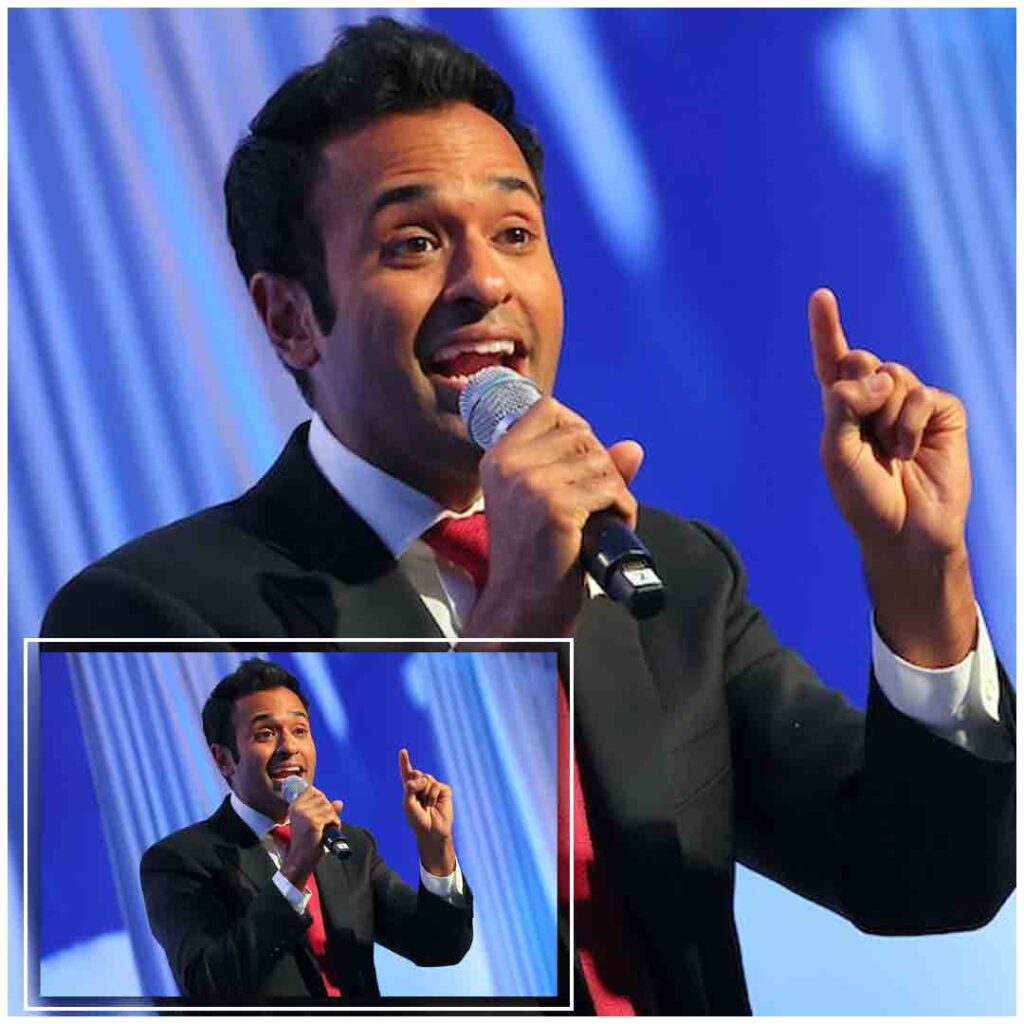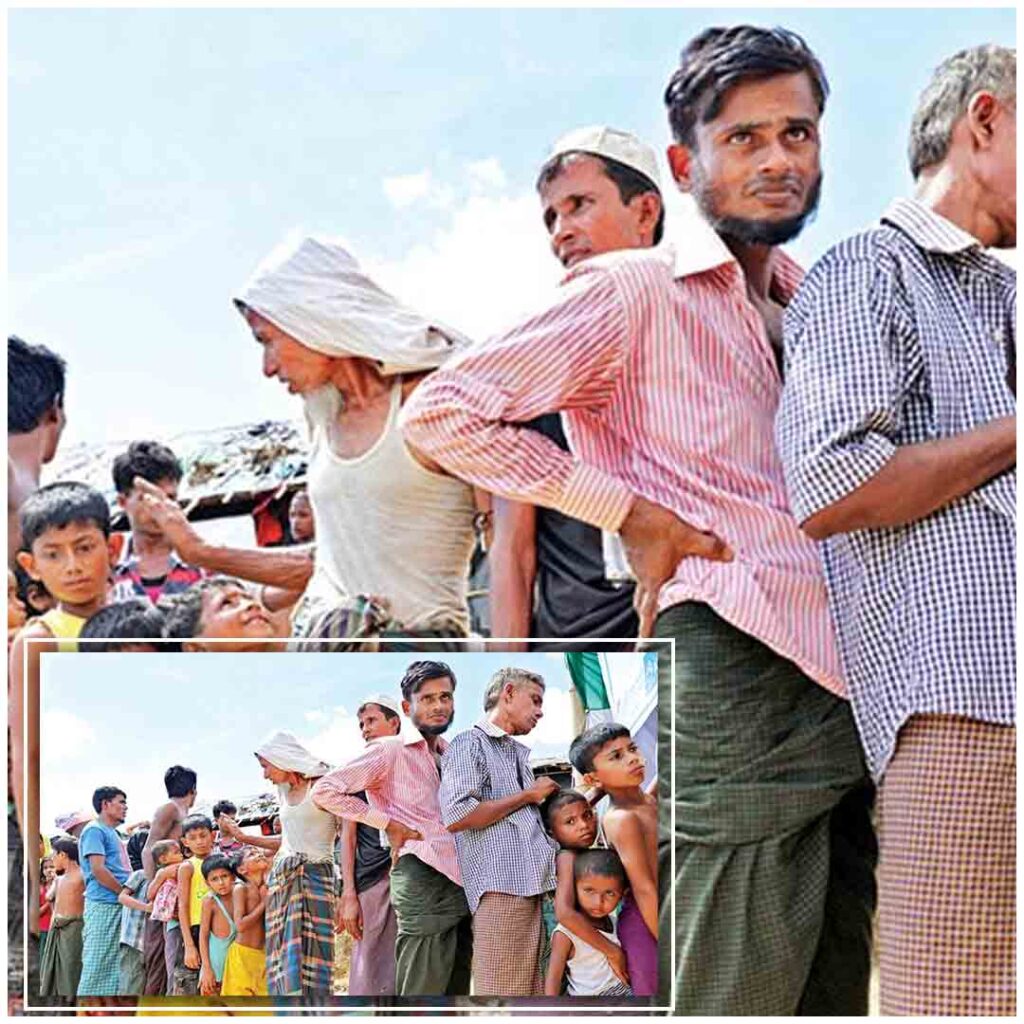Vivek Ramaswamy Calls for the End of Birthright Citizenship for Kids of Illegal Immigrants: Exploring the Debate

In a political landscape characterized by diverse opinions on immigration policy, Vivek Ganapathy Ramaswamy, a Republican candidate in the 2024 presidential race, has emerged as a vocal proponent of ending birthright citizenship for children born in the United States with parents who entered the country illegally. Ramaswamy's stance has sparked significant debate and controversy, with proponents and opponents passionately discussing the implications and legality of such a proposal. This blog will delve into the details of Ramaswamy's proposal and examine the arguments presented by both sides.


Understanding Birthright Citizenship
Birthright citizenship, as enshrined in the 14th Amendment to the United States Constitution, guarantees citizenship to all persons born or naturalized in the United States and subject to its laws and jurisdiction. The 14th Amendment was ratified in 1868, primarily to grant citizenship to formerly enslaved individuals and ensure equal protection under the law.Vivek Ramaswamy's Position
Ramaswamy's call for ending birthright citizenship for the children of illegal immigrants revolves around the argument that the 14th Amendment, while guaranteeing citizenship to those born within U.S. borders, does not extend to children of foreign diplomats. He asserts that the 14th Amendment's wording, "all persons born or naturalized in the United States and subject to the laws and jurisdiction thereof," does not include individuals exempt from the jurisdiction of U.S. laws, such as the offspring of foreign diplomats.
Debate Points
Legal Interpretation:
Ramaswamy's argument hinges on a strict interpretation of the 14th Amendment, contending that children of individuals who are not subject to U.S. laws and jurisdiction should not automatically receive citizenship. Opponents argue that this interpretation selectively targets a specific group of people and potentially undermines the spirit of the 14th Amendment, which sought to grant citizenship broadly and inclusively.Constitutional Amendment:
Those in favor of Ramaswamy's proposal suggest that a constitutional amendment may be required to clarify and narrow the scope of birthright citizenship. Critics counter that changing the Constitution is a complex and lengthy process, and this issue should be addressed through legislation rather than attempting to alter the fundamental law of the land.
Practical Implications:
Proponents argue that ending birthright citizenship for children of illegal immigrants could deter unauthorized immigration. Opponents contend that such a move may create stateless individuals, raise logistical challenges in determining citizenship, and lead to legal and humanitarian issues.Historical Context:
The 14th Amendment was ratified during a specific historical context, primarily aimed at protecting the rights of former slaves and ensuring their citizenship. Critics of ending birthright citizenship argue that this change would depart from the original intent of the amendment.Conclusion
Vivek Ramaswamy's proposal to end birthright citizenship for children of illegal immigrants has ignited a passionate debate, touching upon constitutional interpretation, legal consequences, and the historical significance of the 14th Amendment. The issue remains a subject of contention in the ongoing 2024 presidential race, demonstrating the complex nature of immigration policy in the United States. As the debate continues, it is important to consider both the legal and humanitarian implications of such a significant policy change.Click to read the full article





